newsletter-051020
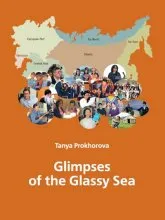
IBT is pleased to present a special book that is a compilation of newsletters written by IBT staff member Tanya Prokhorova over the course of the past decade based on her interviews with project workers. The golden thread that runs through all of these newsletters is Tanya’s focus on the human face of IBT. It is not only about producing a good translation of the Bible into many languages (although this is undoubtedly a key part of the process), but about serving people – many people, different people, from a large variety of backgrounds, who happen to speak many different languages...
spring-2026-newsletter
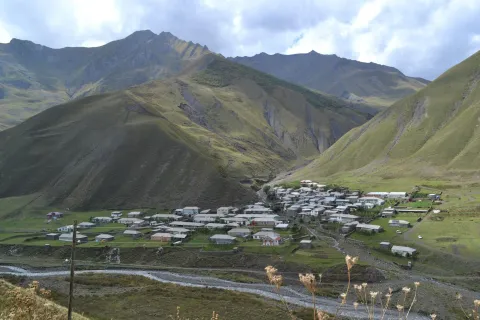
In the village of Archib, the ancestral home of the Archi people, only three families remained for the winter of 2024-25, and even they are planning to move to Makhachkala for the winter months. The village is so remote that staying there for the winter, especially for the elderly, is simply too risky. In an emergency, one could find oneself without necessary help. From Makhachkala to the village of Kuppa, where IBT seminars on oral Bible translation have been held for two years in a row, it is a two-hour and fifteen-minute drive.
winter-2025-2026-newsletter

“Every Dagestanian man has a duty to maintain his father’s house and not let it fall into disrepair. This is why I go back every year to the Lak town of Kumukh, where I was born and raised. One day I was walking through the park in Kumukh and heard someone calling me. I turned around and looked: a young woman was approaching with a little girl in her arms and a boy running after her. The boy turned out to be my namesake, and the young mother was calling him, not me...
the-book-of-proverbs-and-the-folk-wisdom-of-the-turkic-peoples
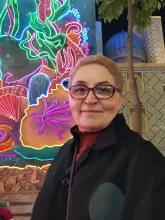
IBT recently held a training seminar in Uzbekistan on translating the Old Testament book of Proverbs into the Turkic languages. Here is what Balkar translator Marziyat reported about this seminar: “Once I heard a lecture on love by Fr. Alexander Menn, who said that when Christ came, it wasn’t as if the world was completely unprepared – the history of humanity given in the Old Testament had actually prepared people for His coming. The Wisdom literature, and Solomon’s Proverbs in particular, were part of this preparation for the Jewish people. But what about for the rest of humankind? The seminar on Proverbs offered us a vivid answer to this question...
summer-2025-newsletter-yakut-project
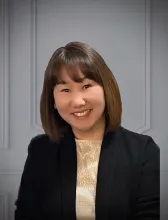
Olga is an Evangelical Christian from the newly formed Yakut Scripture Engagement (SE) team. Since the first seminar on Scripture Engagement in Turkey in March 2024, she has been engaged in this completely new kind of IBT activity with great inspiration and inexhaustible imagination, perhaps greater than in any other IBT project. “I want to share my personal experience,” Olga started her story at another SE seminar, this time in Moscow. "I remember how once we were sitting in the church, and some words in the Yakut language were displayed on the screen. And I remember this moment very clearly: these Yakut words went straight to my heart, not to my eyes and not to my brain...
spring-2025-newsletter-on-siberian-tatar
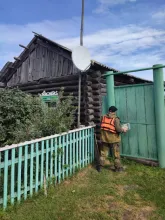
Damira (name changed) is the Siberian Tatar woman who lends her voice for audio recording IBT’s translations. For Damira, reading Bible texts in Siberian Tatar is like solving an equation with multiple unknown variables. The first thing is that she has never held a Bible in her hands before. The second is that before participating in this project, she didn’t know the alphabet of her mother tongue, like the vast majority of Siberian Tatars. And with this initial state of affairs, she had to learn to read Scripture in Siberian Tatar effortlessly, at a good pace, so that her audio recording would sound natural...
winter-newsletter-on-the-buryat-project
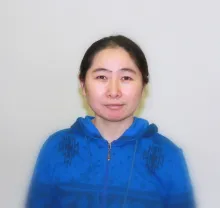
“Buryat culture has two main colours in our tradition,” said IBT’s Buryat translator Darima, whom I interviewed on the eve of the publication of the full Bible in the Buryat language. “These are turquoise-blue, the colour of the turquoise stone, and red, the colour of coral. This is true even about clothes: turquoise and coral-coloured clothes suit me best. When the Buryats adopted Buddhism, the orange/saffron colour also appeared in our culture. Red is the colour of internal revolution, the transformation of the mind. As for turquoise, this is the colour of the blue sky and our blue Lake Baikal...
autumn-2024-newsletter-on-the-dargi-project

The Dargi Bible translation team is based in Dagestan. One of the team members, who translated Song of Songs and edited several other Dargi Scripture portions, recently dropped by the IBT office during a visit to Moscow.
summer-2024-newsletter-on-scripture-engagement
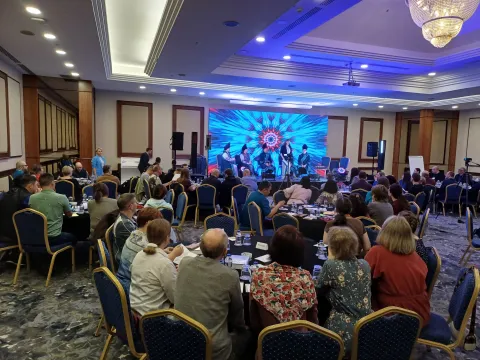
On March 17-23 IBT held a seminar devoted to Scripture Engagement and Ethnoarts, with the participation of several partner organizations. The main idea of the event was to give translation teams and church leaders a better understanding of contemporary methodologies for making translated Bible texts more available and interesting for people in their language community...
newsletter-04032024

Very soon another complete Bible will be published by IBT. This time it will be in the Kurdish (Kurmanji) language. We expect the first print-run in Cyrillic script in 2024 or early 2025, followed by a Roman-script edition, since the Kurdish community is scattered in different countries that use different scripts. On the eve of such a big event, we managed to interview IBT’s head Kurdish translator, taking advantage of a meeting of the Kurdish team in Moscow...
